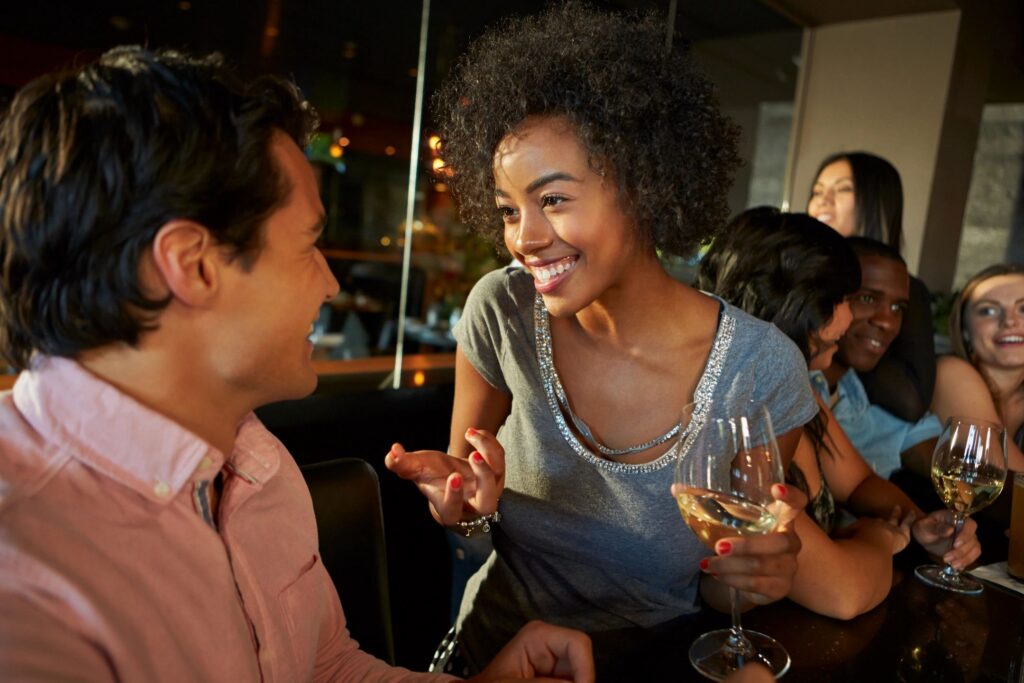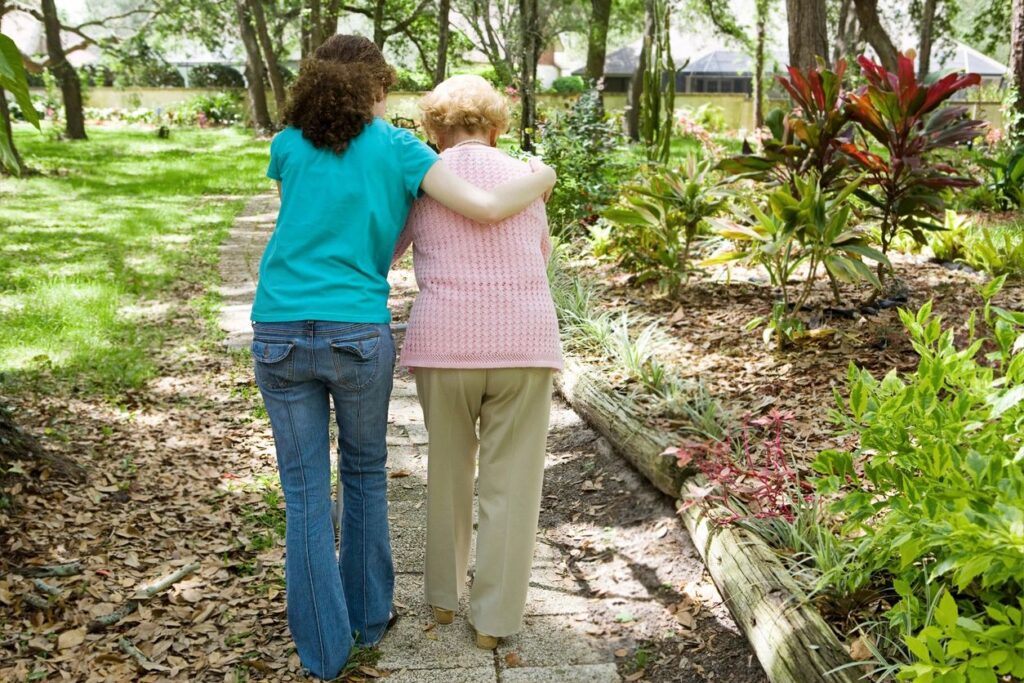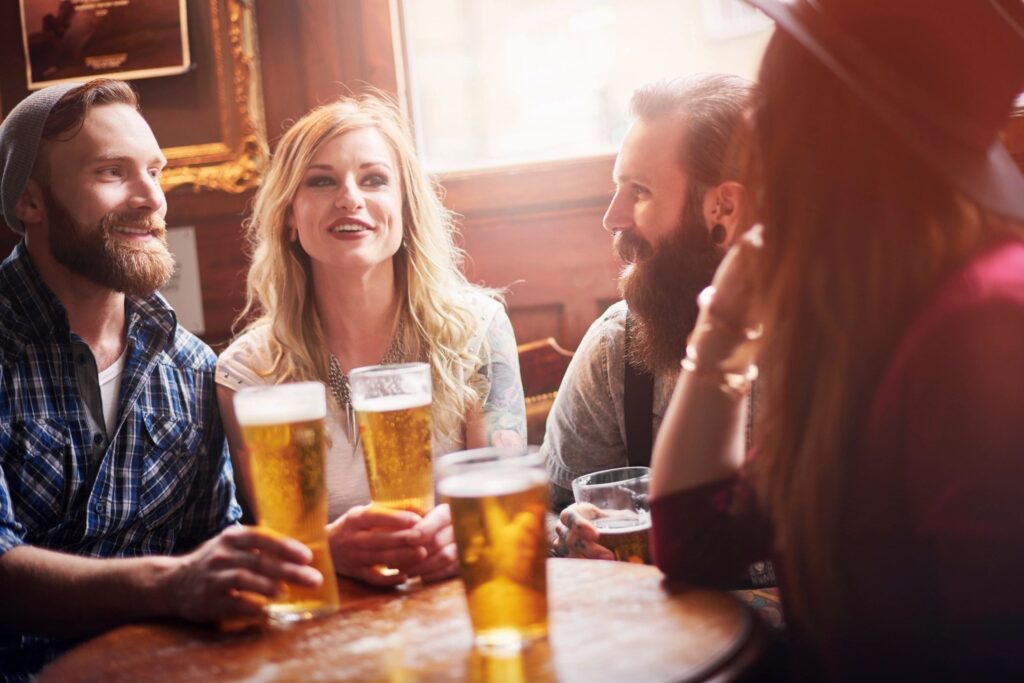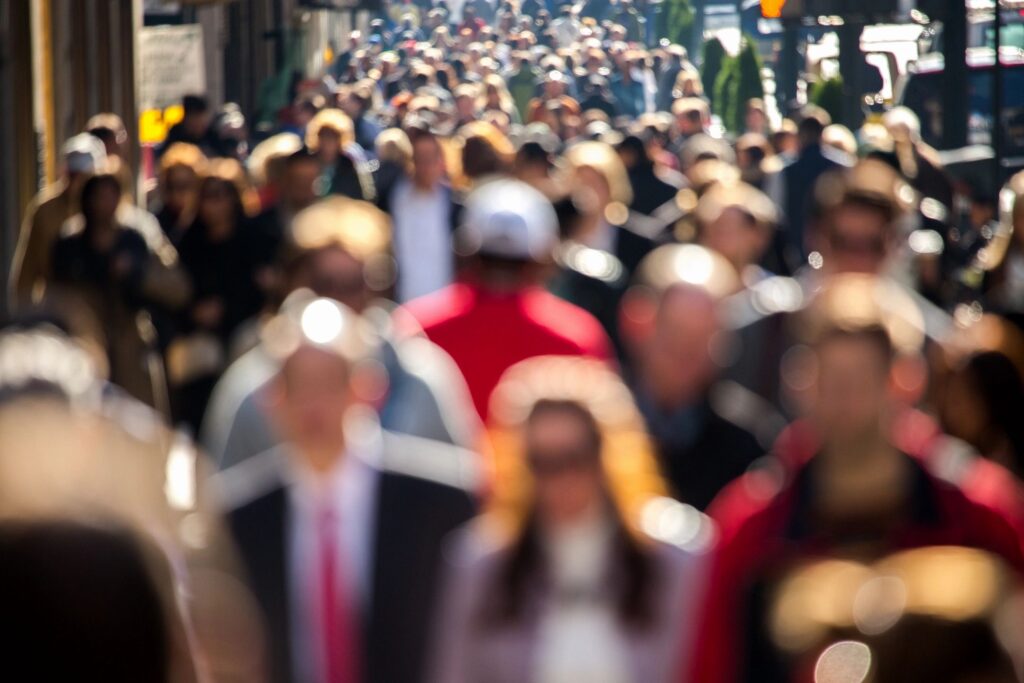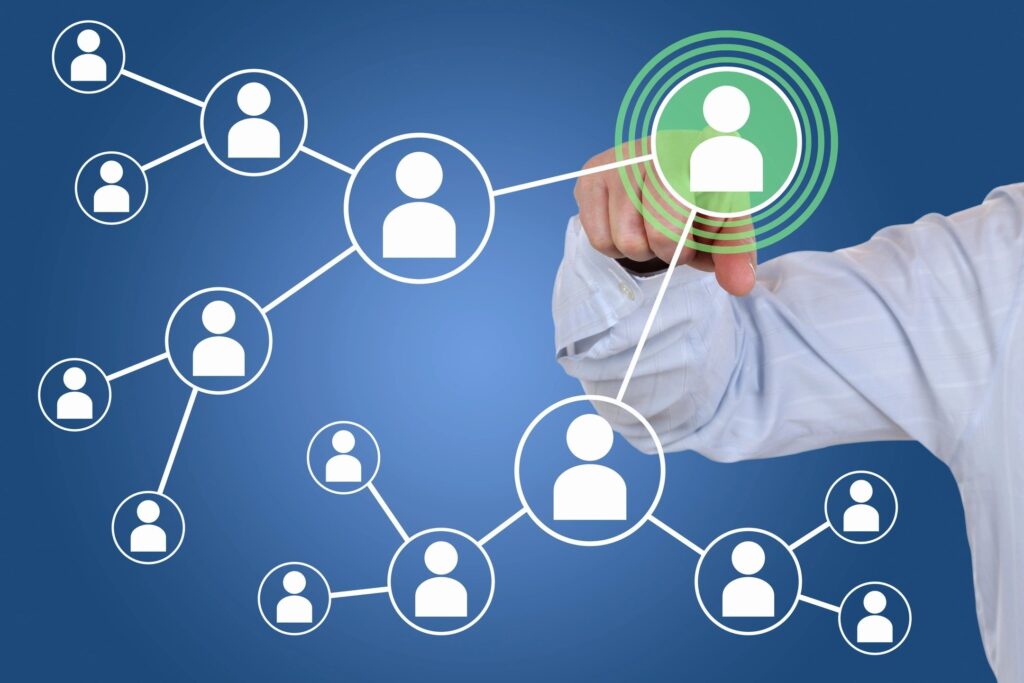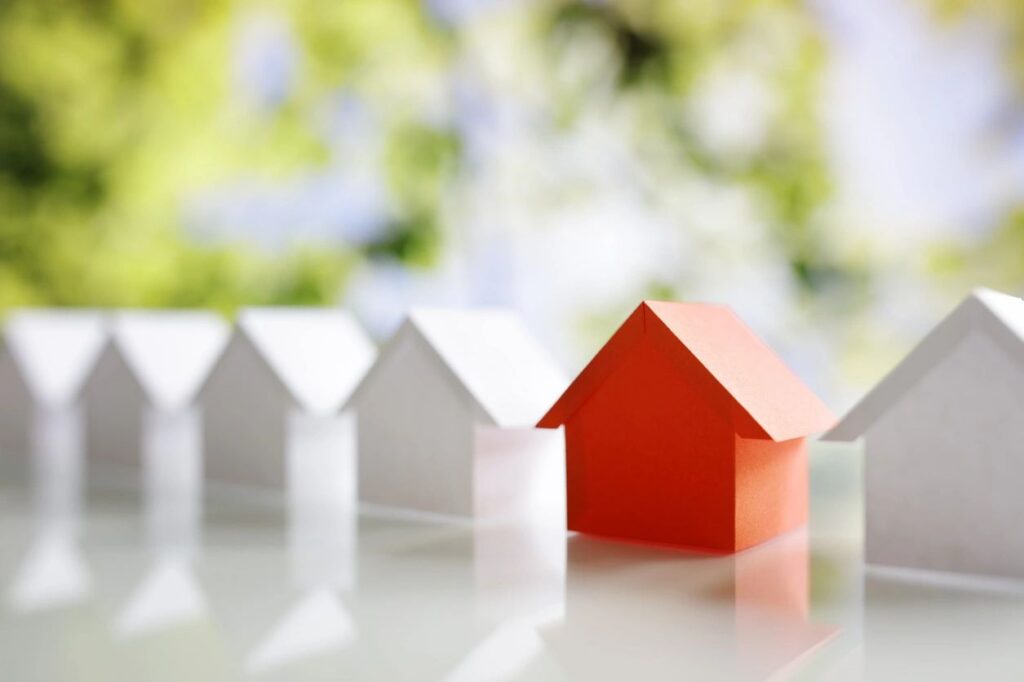Social Psychology
What Social Connections and Financial Security Mean for Retirement
Given the choice, most of us would probably rather retire with a broad social network and a deep bank account. Of course, the choice isn’t entirely up to us, since there are a lot of complicated factors that influence how strong the social connections we develop are and how much money we’re able to save…
Read MoreSocial Anxiety May Disrupt Conversational Synchrony
Although people with high levels of social anxiety don’t necessarily leave as bad an impression as they think, there is some evidence that those without social anxiety receive more favorable assessments overall when meeting new people. As the authors of a recent study point out, this is the irony of social anxiety: being afraid of…
Read MoreQuality and Quantity of Social Interactions Both Matter for Happiness
It seems obvious that having fulfilling social interactions with other people makes a difference in how happy we are. Less obvious is what makes for fulfilling social interactions, and how that varies from one person to the next. When psychologists study people’s social interactions and relationships, there’s always a question of whether quantity or quality…
Read MoreHelping Others Is a Link Between Self-Control and Life Satisfaction
Last week, I wrote about the health and mental health benefits of volunteering. Today brings us another study on the theme of helping others being a good way to help yourself. If all this talk about the benefits of helping others is starting to sound a little preachy, don’t blame the messenger! It just happens…
Read MoreWhen Are Rich People More Entitled?
When a person has more of something, there’s always the risk that they’ll decide the reason they have more is because they deserve more. That’s the most self-serving interpretation, but then again, people are pretty good at coming up with self-serving interpretations. But does belonging to a higher social class necessarily mean having a greater…
Read MoreStudy Sheds Light on Link Between Self-Esteem and Interpersonal Relationships
The advice that other people will like you more if you like yourself sounds reasonable enough, and there’s some scientific basis for saying that it’s true. Psychology studies have tended to show that people with higher self-esteem have stronger interpersonal relationships. Still, it’s been unclear why that’s the case. Do people with higher self-esteem subsequently…
Read MoreWhen Do Children Learn to Influence Others With Gifts?
Adults give gifts for different reasons, some of which are altruistic, and some of which are less so. One of the less altruistic reasons adults give gifts is when they want something in return. So when do children learn that they can influence other people with gifts? A team of psychologists explored this question in…
Read MoreAttitudes to Inequality May Have Genetic Underpinning
It’s clear that we live in an unequal society, with some groups of people having more power and resources than others. What we don’t always agree on, though, is whether that’s a good or a bad thing. Psychologists sometimes measures people’s preferences for a hierarchical, unequal society by looking at social dominance orientation. Someone who…
Read MoreEmoji Use Correlates With Dating Success
With the rise of smartphones and online dating, texting with potential dates has become an important part of seeking out a relationship. Now, a new study suggests that having a good emoji game goes together with dating success. In a series of experiments, researchers at Indiana University and Lake Forest College surveyed people about their…
Read MorePeople Can Detect Envy, but Only in Other People They Know
Ever get the feeling that other people become jealous when something good happens to you? It’s exceptionally hard to know or sure, because most people aren’t open about being envious. As far as the seven deadly sins go, envy is one that can be very quiet. Most people conceal any feelings of envy that arise,…
Read More

